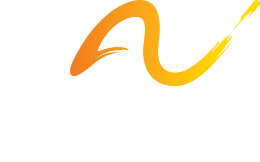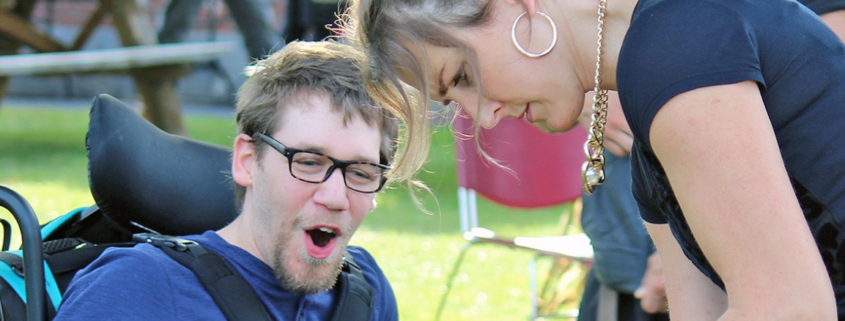Advocacy is vital to ensuring the quality of life for people with intellectual and other developmental disabilities. Advocacy must take place at both the individual and system levels, including entities critical to the achievement of positive outcomes for people with intellectual and other developmental disabilities.
It is The Arc New York’s position that:
- Individuals with intellectual and other developmental disabilities have the right to participate in decisions about their lives and advocate for public policy which provides the systems and supports they need to participate fully in society.
- All self-advocates must be supported, educated, and provided with the information and tools necessary for effective advocacy efforts.
- Families can be effective advocates for their family members. To be successful, they must have access to family support services, parent and sibling groups, information and referral, network and advocacy assistance and training.
- Any advocate must be knowledgeable about how to access protection under federal, state and local laws and regulations.
- Advocacy must be designed, adequately funded, staffed and implemented to ensure that services and supports are available to all individuals and their families who need them.
- Advocacy efforts include the following:
– Training in rights and advocacy skills,
– Information and counseling on how to solve problems, including:
– Referral of individuals to service agencies,
– Appropriate mediation where necessary, and
– Collaborating with community partners within and outside of the state.
– Taking legal and other action, including class action litigation, to assert the rights of an individual or group;
– Initiating investigations as needed; and
– Influencing public policy decisions through direct education and information sharing with elected officials and governmental regulatory and funding entities.





